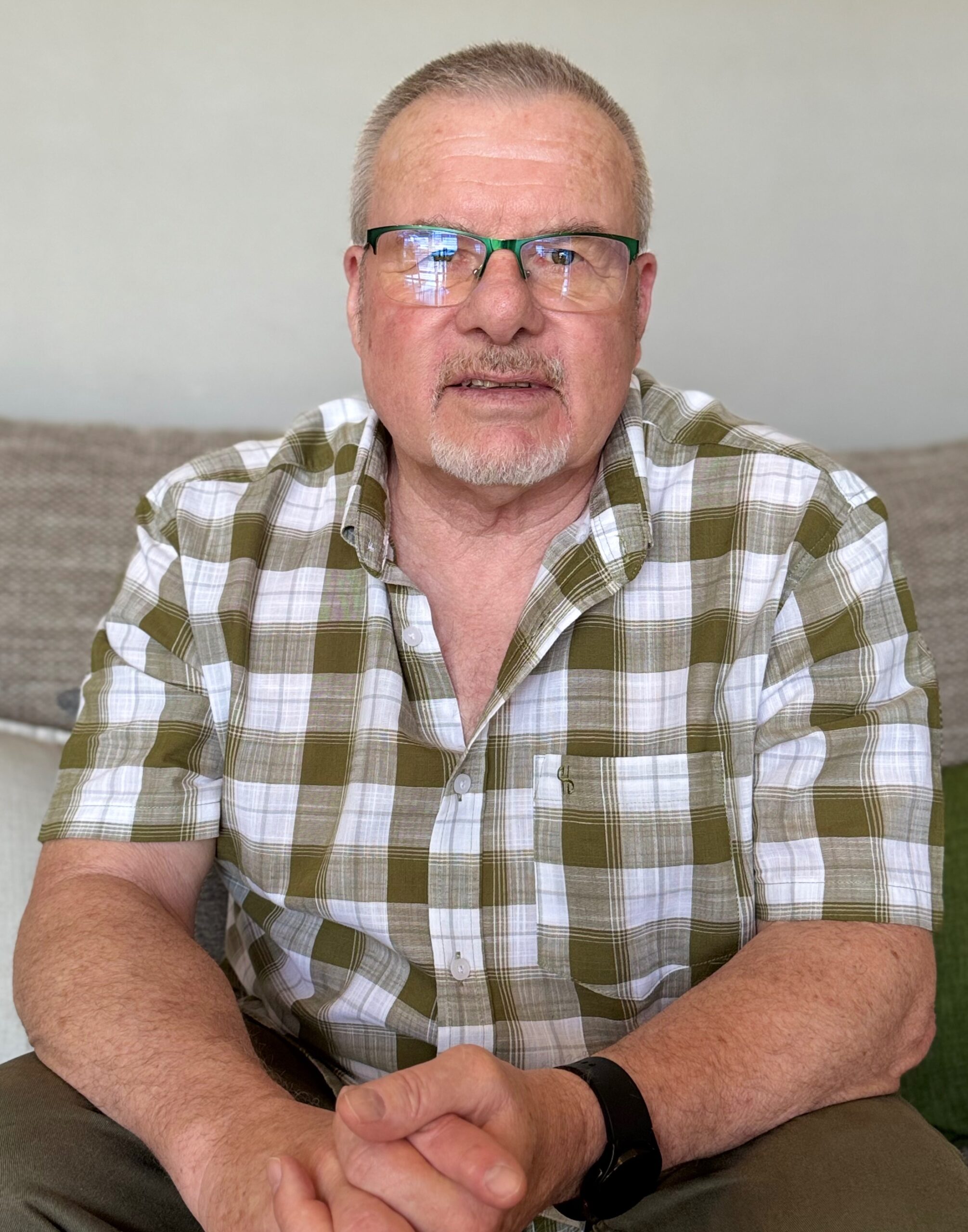Share This Story, Choose Your Platform!
Supporting the Partner of a Person Struggling with Addiction: A Guide for Counsellors
When working with families affected by Substance Use Disorder (SUD), it is crucial to recognise that addiction does not occur in isolation. The entire family unit — especially the intimate partner — bears the emotional, psychological, physical, and financial toll of their loved one’s addiction. As counsellors, we must be prepared to support these partners through the complex network of suffering, co-dependency, and maladaptive coping mechanisms that often emerge in such relationships.
The Family Dynamic in the Context of Addiction
In families affected by SUD, there is typically a breakdown of relationship structures and communication:
- Emotional and physical detachment among family members becomes common.
- Individuals often suppress their own needs and emotions to maintain a fragile sense of order.
- Communication patterns become distorted, leading to misunderstandings, secrecy, and emotional isolation.
- The family’s collective energy tends to centre around accommodating the behaviour of the person with SUD, often at the expense of their own wellbeing.
These conditions lead to chronic stress and may expose the family to an increased risk of intimate partner violence.
The Partner’s Journey and Counselling Considerations
The non-using partner often assumes disproportionate responsibility within the household, taking on roles such as caretaker, protector, and rescuer. This over functioning is typically accompanied by:
- Emotional dysregulation.
- Loss of identity and self-care.
- Internalised guilt, shame, and helplessness.
They may become so focused on managing the addicted partner’s behaviour that they lose touch with their own needs, boundaries, and aspirations. This context creates an opportunity for constructive, though painful, therapeutic intervention.
Therapeutic Guidelines for Counsellors
As counsellors, our primary task in this situation, is to create a safe, supportive space where the partner can begin to heal. The following themes can help guide our sessions:
1. Safety First
In your initial session, determine whether the client is in a physically and emotionally safe environment. If there are indicators of domestic violence or coercive control, prioritise safety planning and consider appropriate referrals.
2. Holding the Space
Allow the client to ventilate their emotions without judgment. Common feelings may include:
- Anger, grief, guilt, and resentment
- Depression and anxiety
- Financial strain and physical exhaustion
- Shame over enabling behaviours or failed attempts to “fix” their partner
The first few sessions should focus on validation, empathy, and building a trusting relationship.
3. Psycho-Education
Educate the client on the nature of addiction, recovery, and relapse. A deeper understanding can:
- Reduce self-blame
- Help contextualize the chaos and unpredictability they have experienced
- Introduce the possibility of healthy detachment
4. Coping Skills and Boundary Work
Equip the partner with practical strategies, such as:
- Setting and maintaining boundaries
- Making empowered decisions (without guilt)
- Managing anger and emotional triggers
- Developing self-care routines and rebuilding self-esteem
These tools are essential for helping them reclaim autonomy in their own life.
5. Support and Community
Encourage the client to explore support networks such as Al-Anon, Nar-Anon, or faith-based support groups. Sharing with others who have similar experiences can reduce isolation and foster hope.
6. Facilitating Personal Growth
Guide the partner toward healing from emotional wounds, processing trauma, and exploring forgiveness (both of self and others). This phase often includes reconnecting with their sense of purpose, identity, and their spiritual beliefs.
7. Referral and Multi-Disciplinary Collaboration
Know when to refer the client to:
- Medical professionals (GPs, psychiatrists)
- Religious leaders or spiritual mentors
- Specialized trauma or couples therapists
Holistic care often requires a team approach.
Final Thoughts for Counsellors
Working with partners of individuals with SUD requires compassion, clarity, and cultural sensitivity. Your role is not to “fix” the situation, but rather to empower the partner to find healing, voice, and agency amidst the chaos. With the right tools and support, recovery is possible — not only for the person with the addiction but for every member of the family.
Author: Dr Peter Schultz


